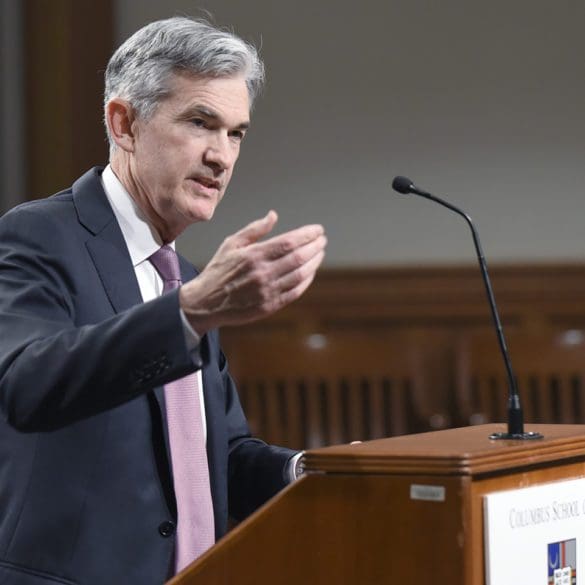While banks might have been a bit slow to react to online lenders they are certainly taking notice today and changing how they operate; fintech companies originated about 30 percent of unsecured consumer loans in 2016 according to TransUnion, up from 1 percent in 2010; banks have started to take notice and compete with fintech companies head on and in some cases partner with them as well; banks hold significant advantages over online lenders in cost of capital and customer acquisition costs which could erode that 30 percent market share that fintechs have built. Source.
The Consumer Financial Protection Bureau (CFPB) has fined TransUnion and Equifax over $23.2 million for deceptively advertising services; the agencies reportedly advertised credit services costing customers over $200 as free and misled customers about the use of credit reports they obtained; according to the CFPB, TransUnion will pay $13.93 million to consumers and a $3 million fine while Equifax will pay $3.8 million to consumers and a $2.5 million fine. Source
The higher your credit rating, the more likely you are to feel good about the current state of credit. That is a key takeaway from TransUnion’s Q3 2023 Quarterly Credit Industry Insights Report.

Goldman Sachs is estimating a 500% return on its initial investment of $550 million in credit data provider TransUnion; the investment began in 2012 when Goldman Sachs bought TransUnion; since then TransUnion has gone public with shares opening at $22.50 on June 25, 2015 and currently trading at $38.23; Goldman Sachs has also earned $50 million from TransUnion's IPO and debt underwriting; additionally, Goldman Sachs is reporting a number of other advantages from the investment including support for its newly launched consumer lending platform Marcus which is a client of TransUnion. Source
Online lending appears to be driving increased personal loan borrowing from millennials; data from TransUnion says 4.33% of millennials obtained a personal loan in 2015 and online lenders accounted for approximately 30% of the personal loan market last year; TransUnion also reports that millennials are more conservative about credit card debt with two fewer cards on average than the previous generation. Source
A recent report by the Cleveland Fed on online lending has caused quite the controversy over its content; the Marketplace Lending Association said the Fed should retract the report; even TransUnion, whose data the report relied upon, took issue with how they presented the material; “We have no understanding of how the Federal Reserve Bank of Cleveland could have used our data to reach the conclusions they did,” Ezra Becker, SVP at TransUnion, said to American Banker; the Fed stated the terminology used in the report has caused confusion but have yet to retract the report. Source.
Wednesday, Federal Reserve chair Jerome Powell announced the fed would raise interest a half a percent to combat post-pandemic inflation.
Global Debt Registry (GDR) will partner with TransUnion for data to enhance GDR's eValidation services; the data partnership will help to improve eValidation's verification for investors and issuing creditors also providing more in-depth analytics on borrowers; GDR President Charlie Moore says, "Their data allows our investors to gain more confidence in the underlying assets through verification, validation and enhanced credit risk tools." Source
The fraud landscape is constantly changing and evolving with things like synthetic fraud increasing the costs consumers, businesses and governments are paying; synthetic identities are identities which are not tied to a real person; according to Pat Phelan from TransUnion, fraudulent transactions are currently costing the US $50 billion per year; Phelan talks with PYMNTS.com about some of the factors companies should consider when managing fraud and how businesses are managing fraud prevention programs overall. Source
According to recent data from TransUnion lenders reported that almost 15 million credit cards were in financial hardship programs; this...



